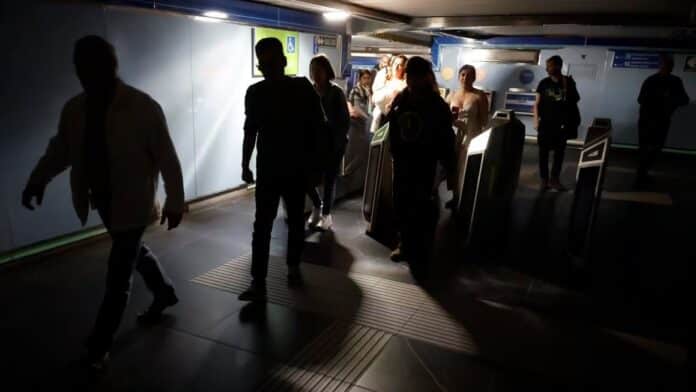Here’s the translation into American English:
—
Recently, Spain experienced a massive blackout that left several cities plunged into darkness, revealing the weaknesses of its energy system. This incident was not due to natural phenomena or acts of sabotage but rather to the complexity and overload of outdated infrastructure. Major cities like Madrid, Barcelona, Seville, and Valencia were the most affected, demonstrating that centralized electrical networks, despite their sophistication, do not meet contemporary demands for continuity and resilience.
The inherited infrastructure, which is based on massive generation and extensive distribution networks, shows its inability to cope with emergency situations. Overloaded substations and aging transformers become critical points, leading to power supply interruptions that affect both large cities and small municipalities.
Despite efforts to move towards renewable energy, the intermittency of these sources poses significant challenges. Solar power is interrupted at night, and wind variability can affect production. This highlights that, in addition to diversifying generation sources, it’s essential to reconfigure the supply system through solutions that operate autonomously and consistently.
In this context, decentralized energy technologies emerge as a viable solution. One example is the proposal from the Neutrino® Energy Group, which utilizes neutrino technology. Through nanocomposite materials of graphene and doped silicon, these systems can capture the kinetic energy of neutrinos and non-visible radiation, generating electricity continuously without relying on atmospheric conditions.
The Neutrino Power Cube, the flagship device of this technology, has the potential to supply not only homes but also hospitals and critical systems, minimizing dependence on vulnerable networks. Implementing such solutions could help Spain transition to a more resilient and decentralized energy model.
The recent blackout should serve as a clear warning about the urgency of advancing towards a shift in the paradigm of electricity generation and consumption. Adopting innovations like neutrino technology could strengthen the energy grid, making it more robust and flexible. “The technology already exists. The knowledge is available. The opportunity to transform Spain’s energy system is now.”
via: MiMub in Spanish










